
Integrated Services for Immigrant Families (ISIF)
The ISIF program consists of 16 employees who work in a variety of areas – legal representatives, case workers, teachers, and administration.
Since its beginning, the CDC has worked for and with immigrant communities. Immigration status continues to be an issue of concern for families and the ISIF was created to address these immigration needs. The majority of the families the CDC works with are mixed-status families.* ISIF program consists of three components: direct, legal immigration services, citizenship preparation classes, and the Promotoras de Apoyo Familiar program.
The ISIF Legal Immigration Office provides services that allow immigrant families to apply for legal permanent residency, renewal of work permits, naturalization, and many other legal immigration services. Inquiries for services have multiplied progressively since the ISIF began its services in 2012. The ISIF office receives over 400 walk-ins every month.
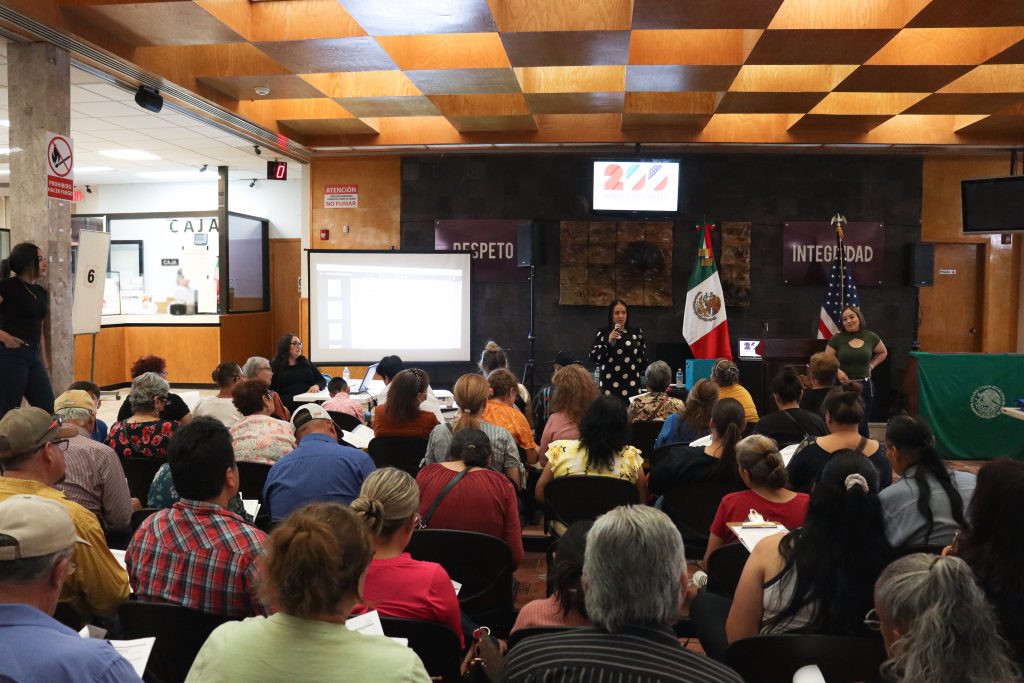
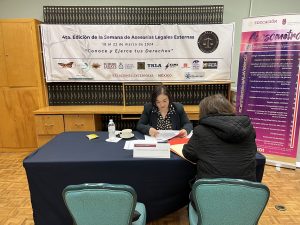
The ISIF Legal Immigration Office offers services to complete the following forms:
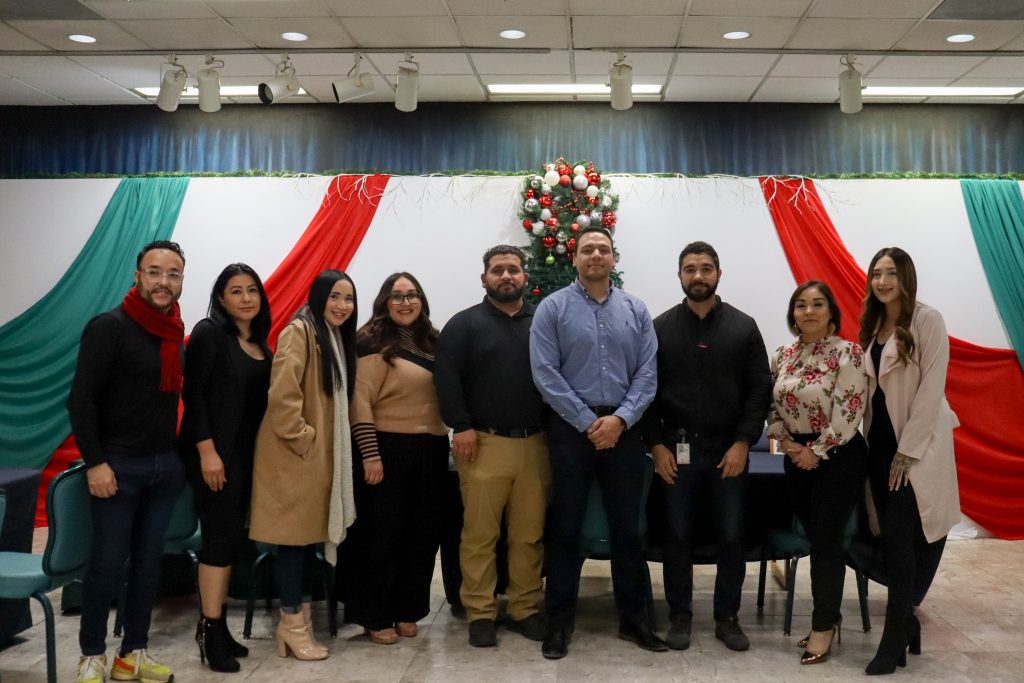
• AR-11 Change of Address
• D-260 Immigrant Visa Electronic Application
• DS-261 Choice of Address and Agent
• DS-2029 Application for Consular Report of Birth Abroad of a Citizen of the USA
• DS-3032 Attorney Authtorization
• G-325 Biographic Information
• G-639 Freedom of Information/Privacy Act Request
• G-1145 E-Notification Application
• I-90 Application to Replace Permanent Resident Card
• I-129 F
• I-130 Petition for Alien Resident
• I-131 Application for Travel Document
• I-360
• I-485 Application to Register Permanent Resident or Adjusted Status
• I-485A Supplement A to Form I-485
• I-601, I-601A
• I-751 Petition to Remove Condition of Residence
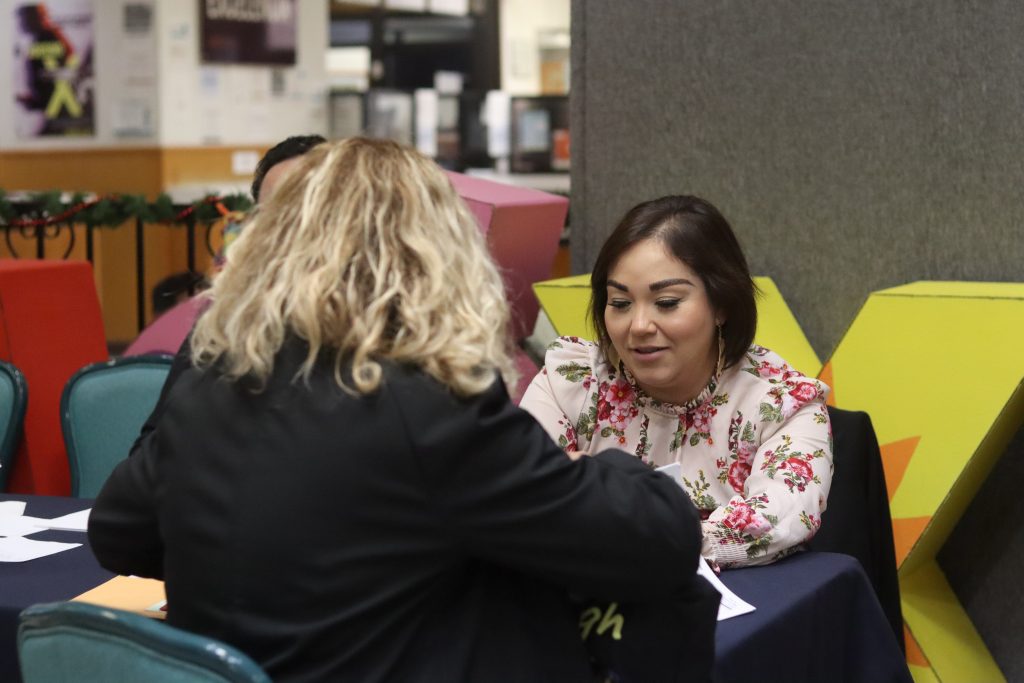
• I-765 Application for Employment Authorization
• I-82I-D Deferred Action for Childhood Arrivals (DACA)
• I-824
• I-864 Affidavit of Support
• I-864A Contract between Sponsor and Household Member
• I-912 Request for Fee Waiver
• I-942
• N-565 Application for Replacement Naturalization/Citizenship Document
• N-400 Application for Naturalization
• N-600 Application for Certification of Citizenship
• Notarization
• Translations of Required Documents (Spanish to English)
• Infopass
• Check Status of Pending Cases
• Passport/Matrícula Consular (preparation of packet only)
• CRS Number
• ITIN (Individual Taxpayer Identification Number)

NOTE: No one will be denied services based on inability to pay. A fee waiver and/or discounts are available for clients who can demonstrate financial hardship. Office fee for applications does not include USCIS filing fee, or document translation.
Citizenship Preparation
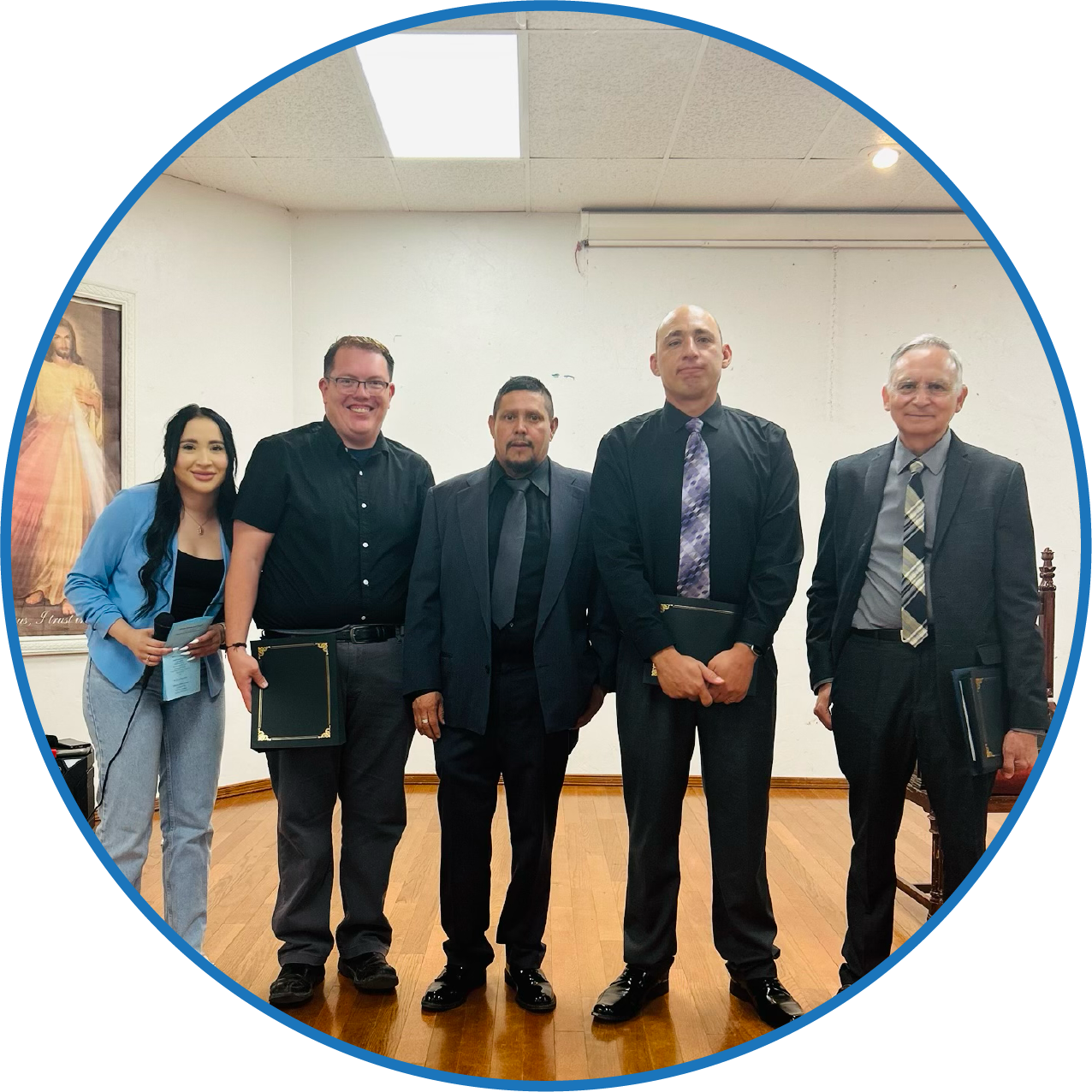
Citizenship Preparation Classes: Understanding that citizenship** is an important pathway to overcoming numerous barriers in terms of improving the quality of life for individuals, the CDC has developed a unique, customized 16-week curriculum for individuals seeking to obtain their naturalization certificate. Courses are designed to accompany clients throughout the naturalization process by integrating our immigration services into the curriculum, while also teaching English as a Second Language (ESL) –reading, writing, and speaking– history, government, civil rights, and civic participation. The course covers essential topics covered by the 100 USCIS civics study questions, English-language literacy, and readiness for the interview. By the end of May 2019, we completed 85 classes throughout Doña Ana County—Butterfield, Doña Ana, Hatch, Vado, Anthony, Sunland Park, Chaparral, and Las Cruces proper, with over 1,300 students. Students in these classes have a very high success rate in completing their applications and passing both their interviews and written exams.
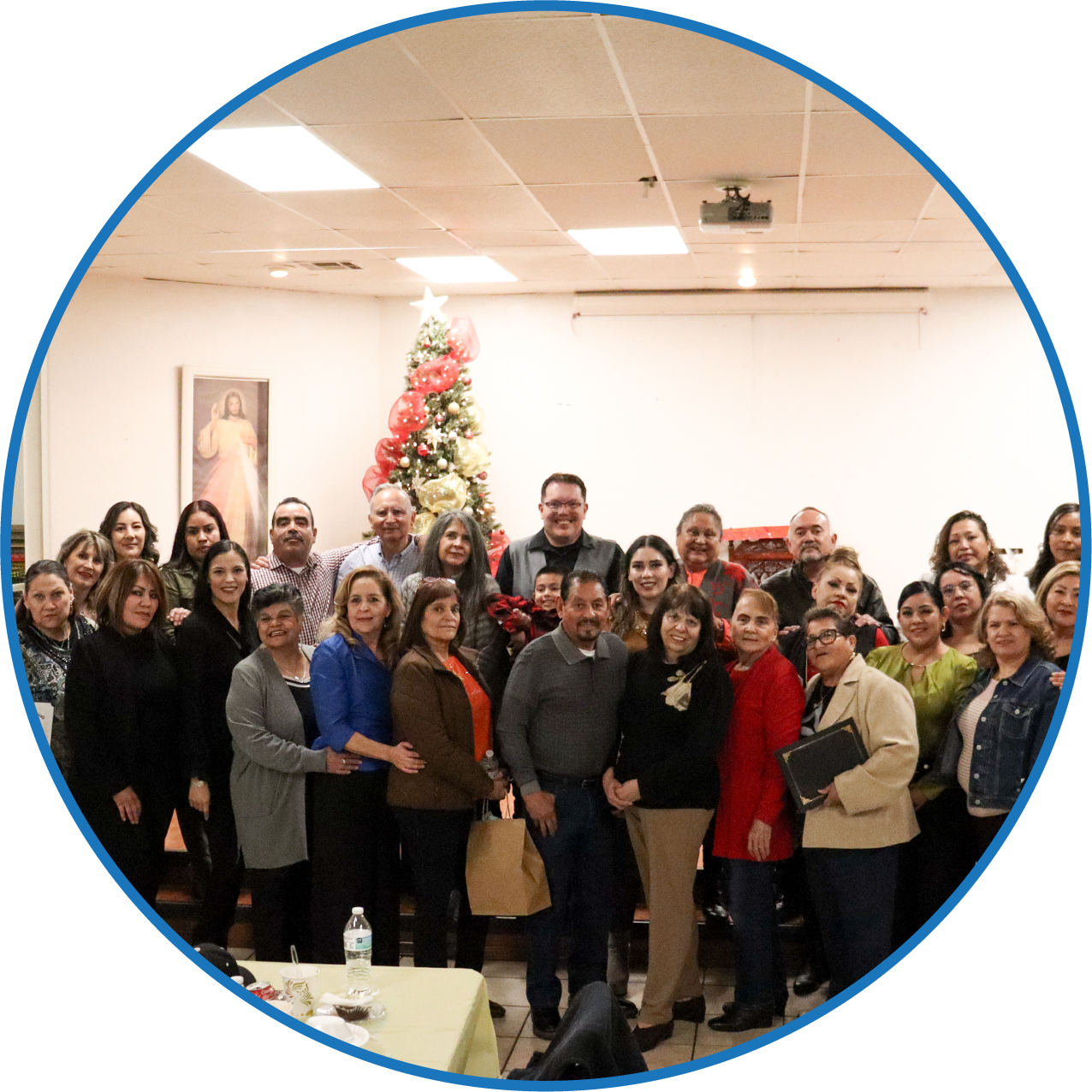
The Promotoras de Apoyo Familiar (PAF)
The Promotoras de Apoyo Familiar (PAF) program was created to engage promotoras to build their personal skills, knowledge, and experience to more effectively participate in their communities. Promotoras are a group of women that work in and outside of their own communities and participate in a variety of activities to learn more about mental well-being, community development, social services, and health. Promotoras de Apoyo Familiar expand and disseminate information about immigrant rights, immigration processes, labor issues, health, legal, and social services in a linguistically, culturally, and community-sensitive manner. The promotoras are an important bridge between colonia, immigrant families and services. We work with and train a cadre of promotoras who are interested in pursuing their knowledge and want to help their respective families and their communities. Promotoras also provide outreach assistance to the ISIF program throughout the County.
The following is sampling of trainings offered to promotoras de apoyo familiar in the las five years:
• Immigration History and Current Immigration Issues
• Community Mapping,
• The Electoral Process
• Americans with Disabilities Act (ADA)
• Emergency Planning for Immigrant Families
• Legislative Session (Site visits)
• International Women’s Day:
– Women Transforming Lives
– Issues of Domestic Violence
• Mexican Consulate Services
• Bullying in the Schools:
– What Parents Need to Know
• Mental Health:
– ‘Nuestras Emociones’
– Depression
– Mental Health First Aid
– Alzheimer’s and Dementia
– Sexual Assault
• The Probate Process
• Worker’s Compensation
• Wage Theft
• Civil and Human Rights
• Preparing for College.
• Financial Literacy
• Bullying in the Schools: What Parents Need to Know
Frequently Asked Questions
What is a Mixed-Status Family?
A mixed-status family includes members of varying legal status. While this term refers to families with both citizen and non-citizen parents and children, these families may consist of members with any combination of legal status. A prevalent circumstance is one in which the children have citizenship by being born in the U.S. and at least one parent is a non-citizen. Non-citizens are persons who have not obtained U.S. citizenship, but reside in the U.S. as undocumented immigrants or a lawful immigrants. Lawful immigrants are persons who have received a type of status that allows them to legally reside in the U.S. This includes lawful permanent residents, refugees, asylees, temporary visitors, and others. Non-immigrants are persons who are allowed to enter the U.S. for a specific purpose for a certain period of time. This includes students, tourists, visitors, migrant laborers, and others. (Taken from Fact Sheet prepared by Ann Beuch, MSW/MPP Candidate, with consultation by John Keller, Executive Director, Immigrant Law Center of Minnesota. Emphasis added).
How does one become a U.S. citizen?
There are basically three ways to become a U.S. citizen. The first is to be born in the country, the second is citizenship through one’s parents (acquired or derived citizenship), and the third is through the naturalization process. It is for latter that the ISIF Citizenship Preparation Classes Program is directed.

